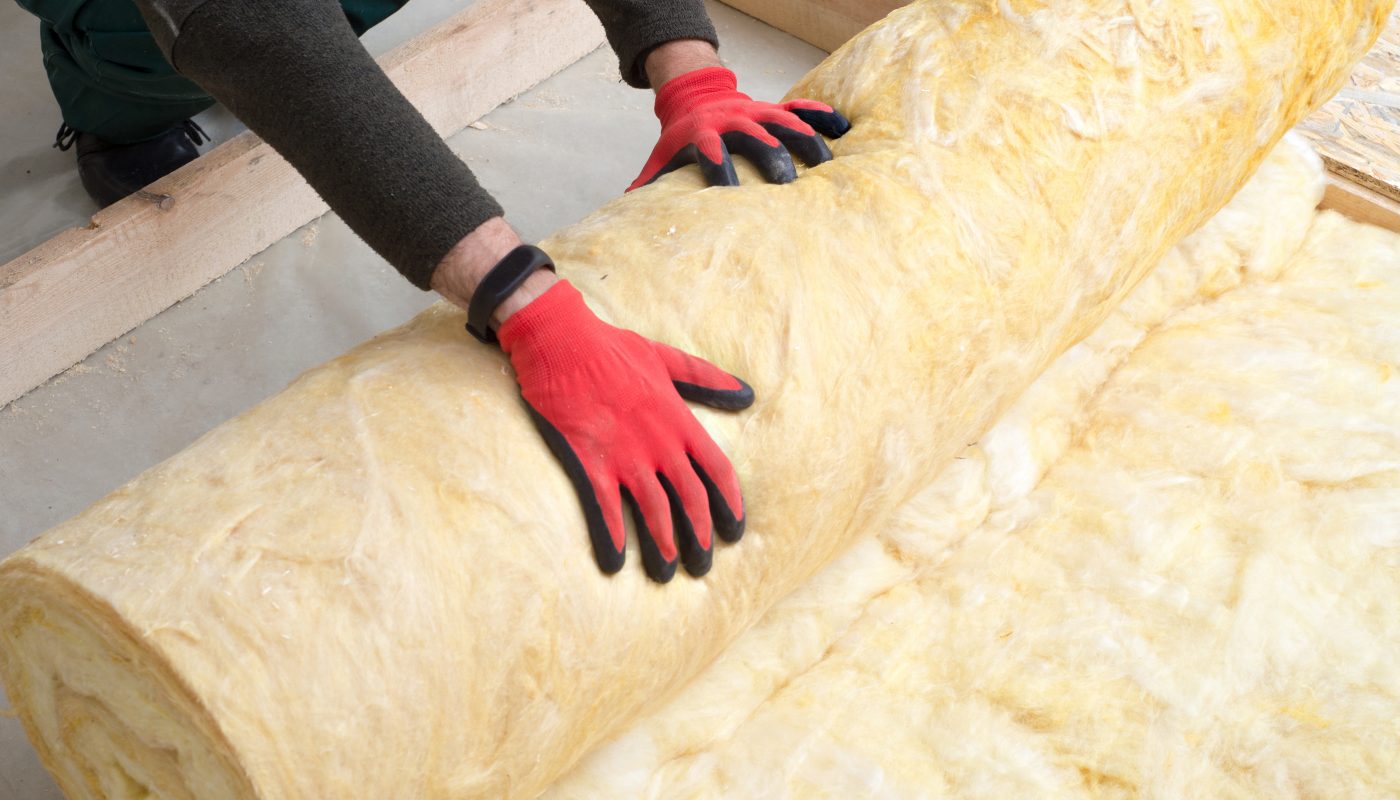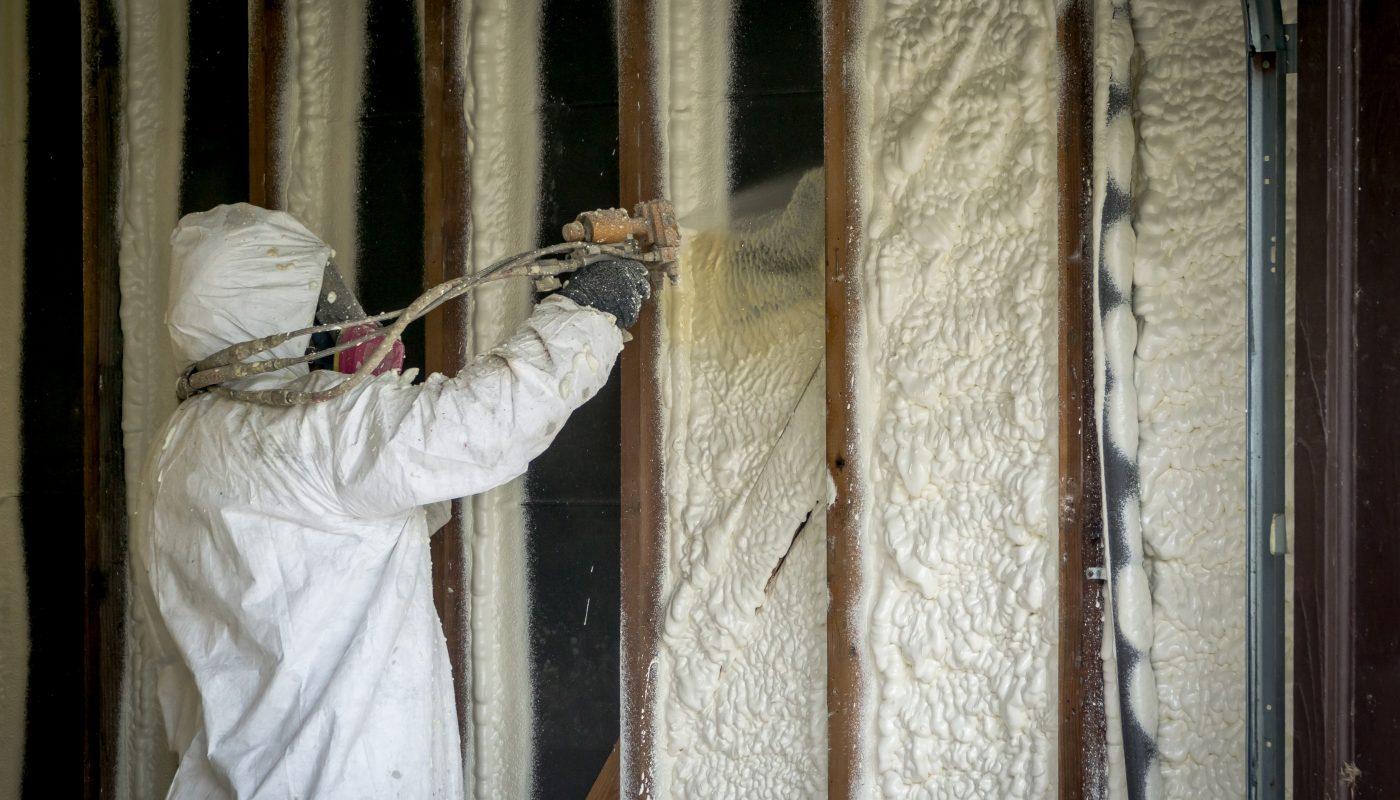When it comes to home improvement, many tend to enjoy the fun parts like redesigning the interior, choosing the perfect shade for walls, or decoration. However, it seems like some of the most critical parts of home improvement tend to go ignored. Practical aspects such as plumbing, heating, air conditioning, and insulating might not be fun to think about, but they make everyday life so much more comfortable. If any of these are neglected, you’ll know about it because it could cause some severe problems at home.
Insulation is essential, especially if you live in places with extreme climates. If summers get unbearably hot or if winters become dangerously cold, you’ll need insulation. With this, professionals like Building Insulation Solutions or other contractors who specialize in insulating homes will be necessary to get floor insulation done right.

Types Of Floor Insulation
You’ll probably need to have different parts of your home insulated such as walls. But before starting the installation, getting to know your options is essential. This way, you could find out more about their properties.
- Polyurethane Spray
For quick installation, polyurethane spray is the way to go. It’s also one of the most popular foam insulation choices for many homes and buildings. It keeps your home warm because it reduces heat loss, especially during winter. Moreover, this type of insulation could last you for 50 years.
As a bonus, it also provides good soundproofing. This improves your privacy in your home and also reduces the sound from the outside. This is especially handy if you live in a noisy neighborhood or if outside elements like rain makes a ruckus in your home. You could even enjoy the benefits of its waterproof properties, which is why it’s used even for roof and attic insulation.

- Insulating Screed
Insulating screed is made from a combination of materials such as perlite aggregate and cement. It’s also lightweight and it offers all kinds of benefits such as being environmentally friendly. It’s easy to use and install because all that’s needed to activate it is water. Another great thing about insulating screed is it could buy you hours of fire protection.
- Insulation Boards Or Expanded Polystyrene Sheets
Another easy-to-install insulation for floors is expanded polystyrene sheets or EPS sheets. One benefit this material offers is it can withstand the pressure floors have to handle all the time. However, it’s important to consider your type of flooring and how thick the insulation should be to work in the best capacity.
- Fiberglass
Fiberglass is used in many construction projects, including insulation. It’s available in sheets or blankets, which are practical on different parts of a building. Commonly used for insulating wooden floors, internal walls, and pitched roofs, it doesn’t just provide thermal insulation but also absorbs sound. It’s easy to install, but unlike the others, you could DIY it. It’s also affordable and flexible enough to be used on uneven surfaces. Plus, it’s a known fireproof material.
However, it does have its disadvantages such as it could cause skin, eye, and respiratory irritations when installing it. So, you’ll probably need to wear some protective gear such as gloves, goggles, and a mask to protect yourself.
Tips For Choosing Floor Insulation
Looking into different options is the first part, but it’s not the end. Other considerations could help you make a final decision as to how you want your floors to be insulated. The best way is to ask a lot of questions from your local contractors and do your research. Here are some guidelines:
- Know the costs and your budget
- Ask for an estimate
- Think about the limitations such as your type of flooring
- Find out more about how they’re installed
- Learn about underfloor covering insulation
Keep in mind that there are different processes depending on the insulation materials you choose. Some of them might be easy to install, but the flooring might cause some limitations as to how thick the material could be. Therefore, you’ll need to have a professional examine your flooring first, even if you’re thinking about doing it yourself. This will help you avoid poor installation and wasting money, time, and effort.
Conclusion
Insulation could provide all kinds of benefits, not just keeping your home at a comfortable temperature. It also provides soundproofing, waterproofing, or fireproofing, depending on the materials you choose. However, the best outcome for insulation doesn’t just rely on whether you get the best materials available. It also depends on how well and thoroughly they’re installed into your floors.





